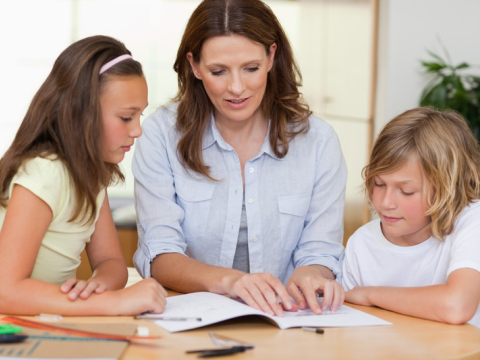

Parents in the UK have a right, enshrined in English law and in European Human Rights law, to educate their children according to their philosophical or religious views. That includes the right to home educate. In 2007, the government clearly stated that it was the job of parents, not the state, to raise children.
And yet there have been repeated attacks on home education since 2009, when a report commissioned by the government recommended that home educators should be compelled to register with their local authority and undergo regular monitoring inspections. After 120 petitions were presented against the proposals they were dropped, but that hasn’t stopped successive attempts to reinstate them. The latest attack comes in the form of a private members’ bill presented by Lord Soley, an honorary associate of the National Secular Society.
Those who argue in favour of the proposals do so on safeguarding grounds. Definitive numbers are hard to come by, but probably around 40,000 children are being educated at home at any one time. Reasons for this can vary. Some children can’t get a school place because they have recently moved into an area where schools are full. Increasingly, parents of children with special needs (SEND) are removing their children because provision is inadequate – in some cases SEND children cannot even get a school place as academies and free schools do not have to take them. Still other parents find themselves faced with an ultimatum from their child’s school to remove them to home education or see them expelled. There is no effective help for these parents, who find themselves unwilling home educators, yet who are blamed for their situation by a system which has dismally failed them.
There are also concerns about the growing number of children, many of them Muslim, who are being removed from school, or never sent to school, because parents object to what their children are being taught. According to the naysayers, many of these children are spending their time being indoctrinated in illegal, unregistered schools, although even the hysteria surrounding that claim has been somewhat dissipated of late, following an admission that the number of such schools in existence may have been significantly over-estimated.
So that leaves parents who elect to home educate and there are as many reasons for taking that decision as there are parents who make it. Some are philosophical, some are religious and some just decide that school is not the best place for their child to learn. Whatever the reason, these parents are simply choosing home education in accordance with their parental responsibility.
Although they seem persuasive, the arguments against home education are generally spurious. If the government is genuinely concerned to know where every child is at any one time, they could track them through their NHS number. Local Authorities already have the necessary legal powers to inspect homes where they suspect a child is at risk. And as Chris McGovern pointed out in an article in Conservative Woman this week, ‘If Ofsted seeks evidence of radicalisation and, indeed, of other forms of indoctrination and brainwashing, it need look no further than state schools’ where teachers have been ‘brainwashed by bogus notions of political correctness’.
For a balanced education, he argues, there’s no place like home.
Tim Dieppe



